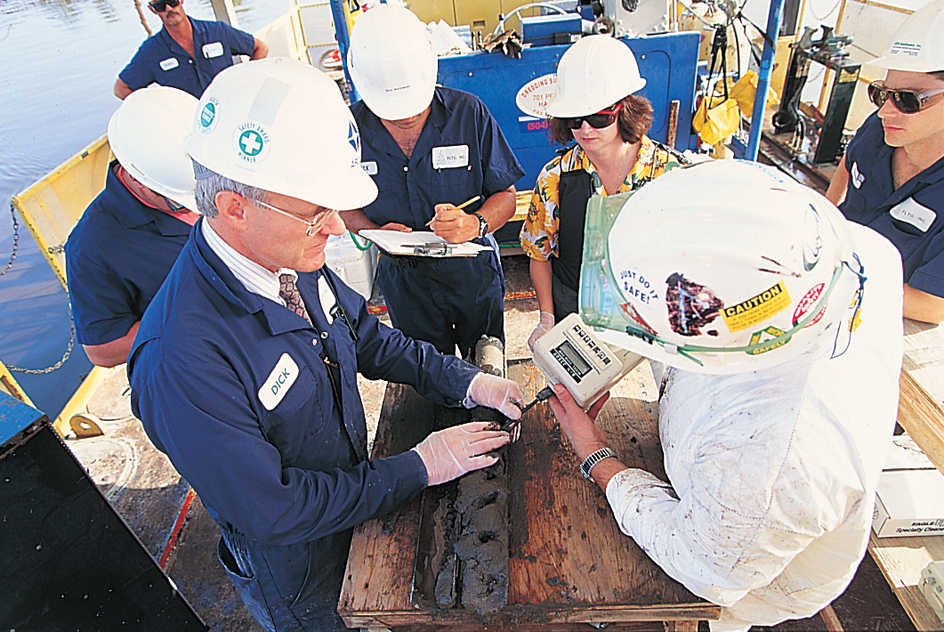Environmental Protection Agency (EPA) is an independent agency of the United States government . It was established in 1970 to protect the nation’s environment from pollution . Creation of the Environmental Protection Agency brought under single management the functions of a number of federal programs dealing with pollution.
The EPA establishes and enforces environmental protection standards. It also conducts research on the effects of pollution. It provides grants and technical assistance to states, cities, and other governmental units that seek to prevent pollution. In addition, the agency helps the Council on Environmental Quality develop environmental protection policies and recommend them to the president.
Upon its establishment, the EPA took over a number of programs previously managed by such governmental bodies as the Department of the Interior ; the Department of Agriculture ; the Department of Health, Education, and Welfare ; and the Atomic Energy Commission .
EPA personnel have worked to enforce many important environmental laws, including the Clean Air Act of 1970, the Clean Water Act of 1972, and congressional amendments to those acts, as well as the Resource Conservation and Recovery Act of 1976. The EPA also administers provisions of the Comprehensive Environmental Response, Compensation, and Liability Act of 1980, also called “Superfund.” The act has provided billions of dollars of federal funds to clean up hazardous toxic waste sites and prosecute violators.
Notable accomplishments of the EPA include the banning of such dangerous pesticides as DDT ; the removal of lead from paints and gasoline; the phasing out of chlorofluorocarbons (CFC’s) used in aerosols ; the establishment of efficiency standards for automobiles and appliances; and the reduction of pollutants emitted by oil refineries and chemical plants.

